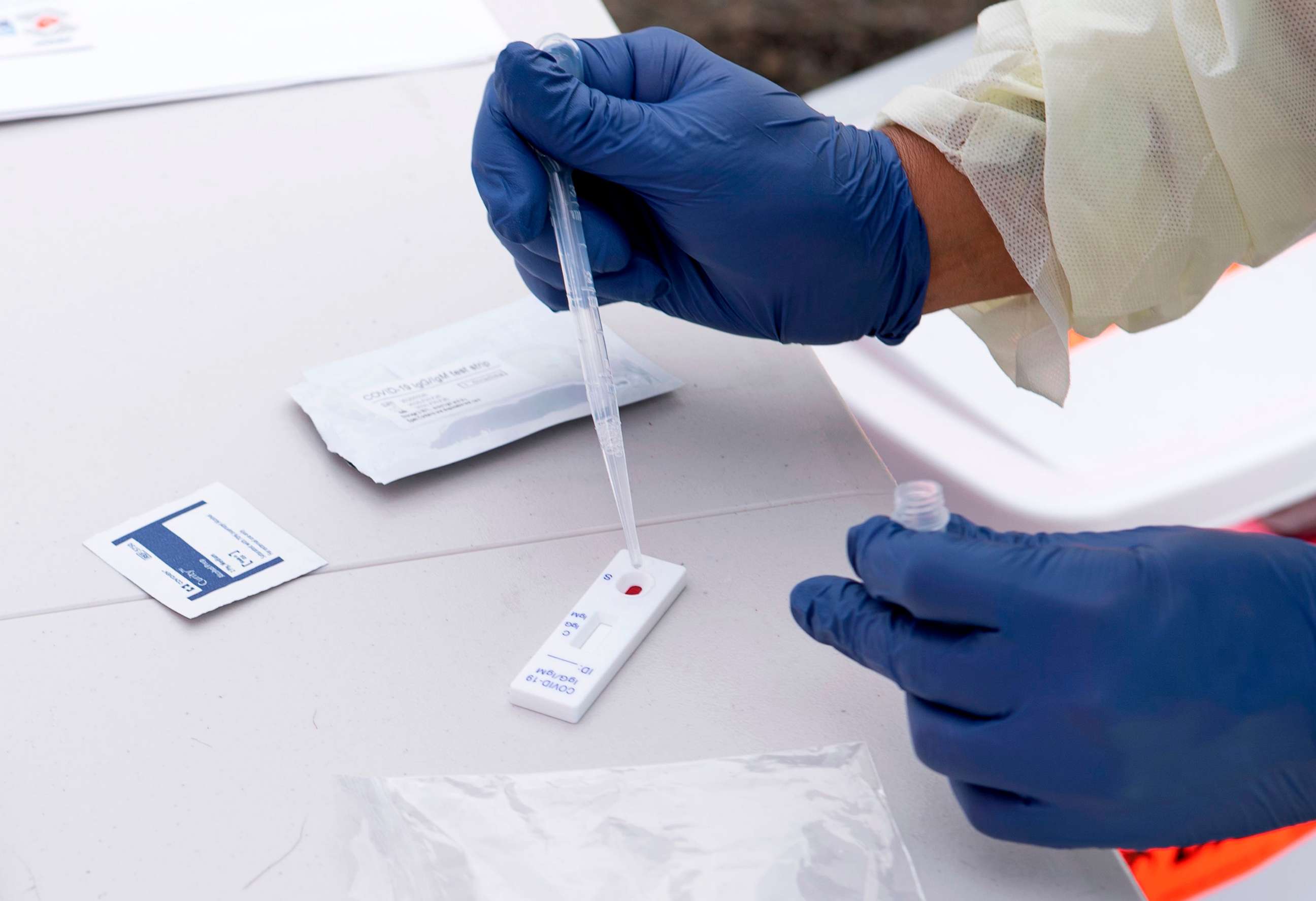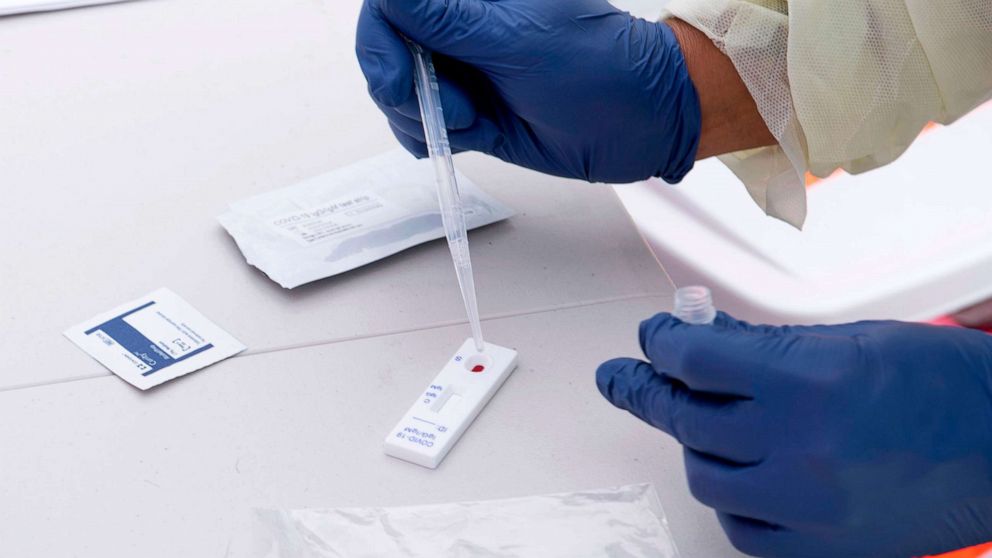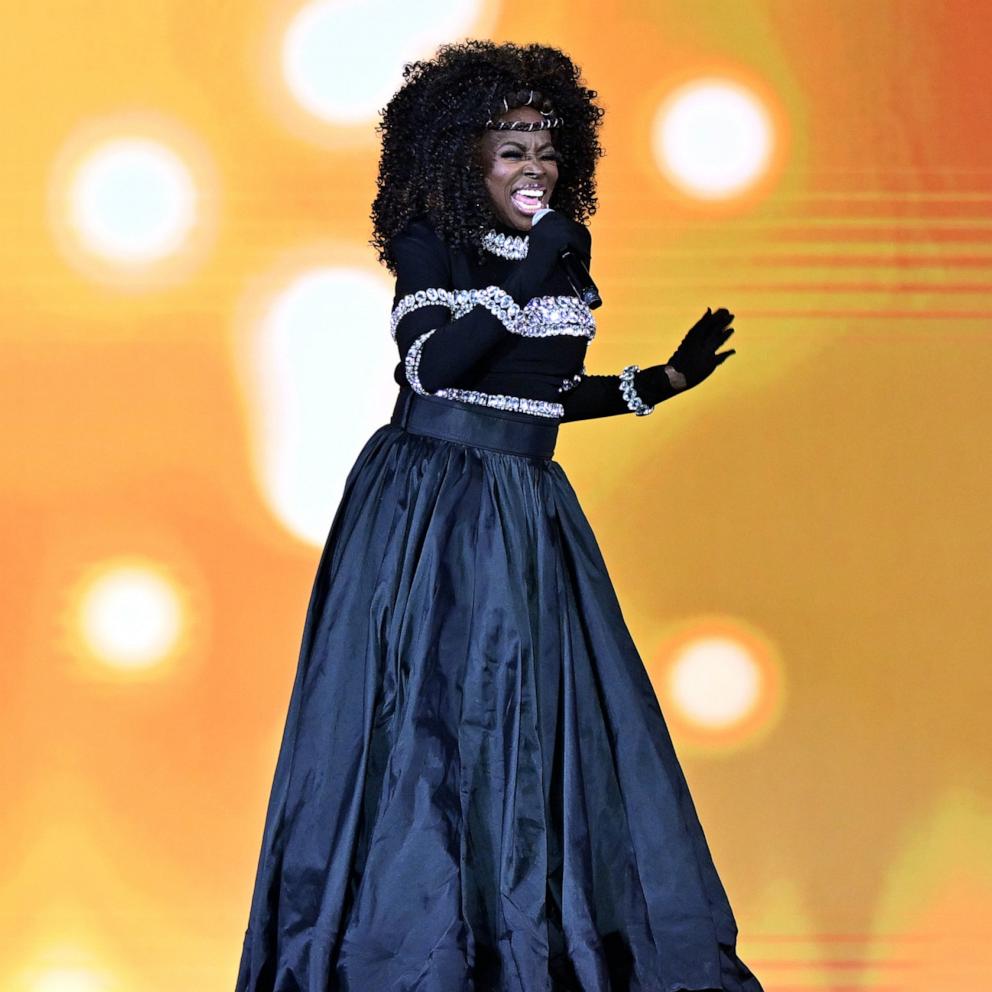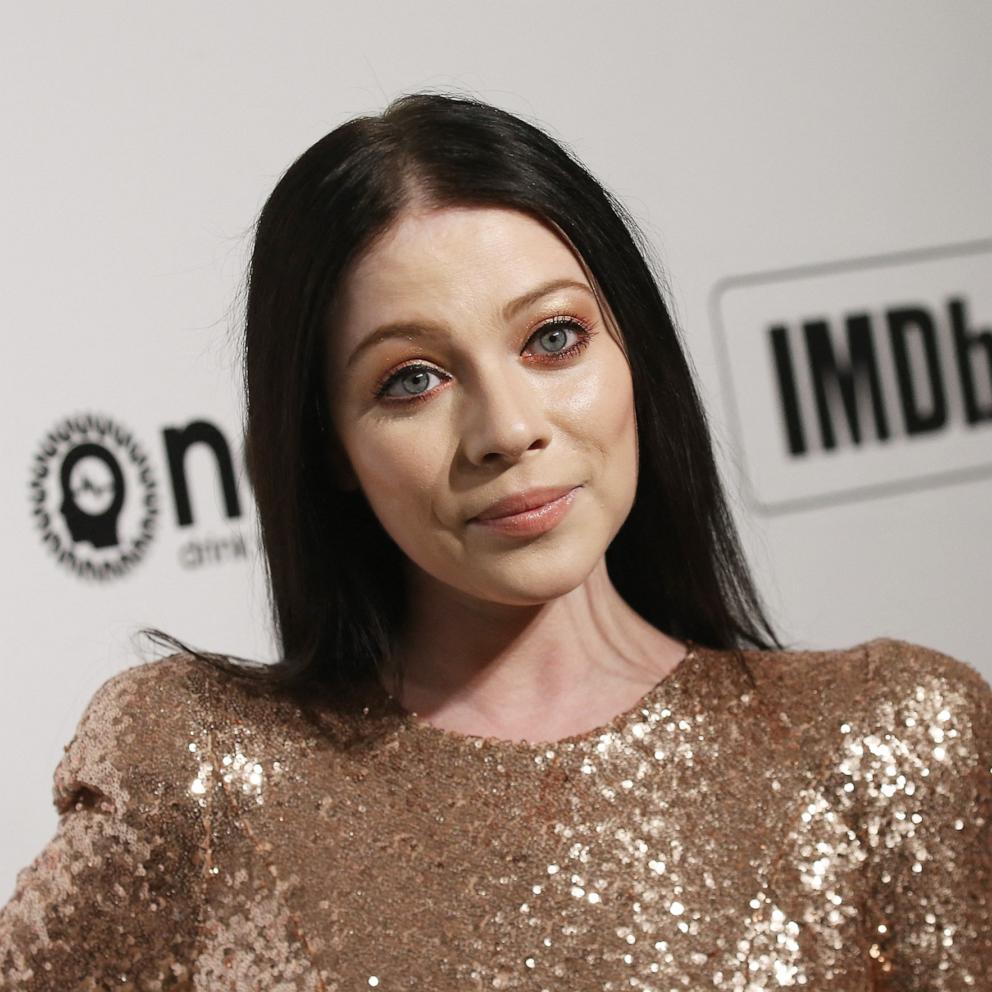What will a COVID-19 vaccine look like? Don’t expect a cure-all, scientists say
Since the onset of the coronavirus outbreak, a vaccine has been widely regarded as the best path toward reopening society and returning to normalcy. Scientists have worked around-the-clock to develop a vaccine even entering late-stage human studies at record speed for the disease that has killed more than 430,000 people worldwide.
Yet, despite these Herculean efforts, scientists say a one-time cure-all is unlikely. Data on close cousins of the COVID-19 virus, including seasonal coronaviruses that cause the common cold, suggests the COVID-19 vaccine probably won't offer lifelong protection -- although more research is needed to understand how well and for how long a potential vaccine could work.
It's a problem significant enough to worry Dr. Anthony Fauci, the head of the National Institute of Allergy and Infectious Diseases, who has been excited at the chance of developing a vaccine, but hesitant to predict how long it might work.
"When you look at the history of coronaviruses, the common coronaviruses that cause the common cold, the reports in the literature are that the durability of immunity that is protective ranges from three to six months to almost always less than a year," Dr. Fauci said in an interview with JAMA Editor Howard Bauchner.
"That's not a lot of durability and protection," Fauci said.
And although it's too soon to say how long a COVID-19 vaccine might protect you, an executive at AstraZeneca, one of the companies working to develop an effective vaccine, told a radio station that he thinks his vaccine might only offer protection for one year.
This means that if we get a safe and effective COVID-19 vaccine, it might not offer lifelong protection. Vaccine experts told ABC News it's still too early to know for sure.

As scientists race to answer some of these questions, the United States government is forging ahead with Operation Warp Speed, an ambitious plan to have enough doses of a safe and effective vaccine to be able to vaccinate the majority of Americans by 2021.
"We cannot promise 100% chance of success," a senior government official told reporters earlier this week. "What we can tell Americans is that we've taken every possible step to maximize the probability of success and shorten the timelines to getting safe, effective vaccines and therapeutics."
One way to gauge the durability of an eventual vaccine could be to look at people who have already been infected with and survived COVID-19. But even though some people with COVID-19 have demonstrated an immune response to the disease and recovered, the longevity of response is still unknown, since scientists and doctors have known about the virus for less than six months.
Still, early studies have found that the immune response to SARS-CoV-2, the virus that causes COVID-19, is probably similar to SARS-CoV and MERS-CoV. And we know from SARS and MERS that immunity can last a few years, but antibody protection tends to wane about a year post-infection. This means that even people who have recovered from COVID-19 could get it again in the future.
Nevertheless, a COVID-19 vaccine could induce long-lasting immunity even if the infection does not, said Dr. Paul Goepfert, director of the University of Alabama at Birmingham Vaccine Research Clinic.
"Because vaccines are much more focused in their immune response, it could be that you could develop an antibody to the part of the virus that is more long-lasting," Dr. Goepfert said.
It may come down to the structure and biology of this particular virus. SARS-CoV-2, the virus that causes COVID-19, is covered in tiny spikes called surface proteins. Experts say that the virus is unlikely to mutate in a meaningful way, meaning the vaccines that are being developed now are likely to work in the future.
Different vaccine developers are taking different approaches to create a COVID-19 vaccine. Some groups, such as Oxford and its partner AstraZeneca, are using a traditional approach of using the virus itself but neutering it so that it doesn't make people sick.
Others, such as Moderna and Pfizer, are hoping that by coaxing the body to create this protein, they might be able to trick the immune system into mounting an effective response against future infection. They're hopeful that their approach will allow them to be more agile should the virus mutate in the future.
Aside from durability, not all vaccines have complete protection, for example, the annual flu shot ranges in effectiveness and works better for children than for the rest of the population. In 2019, it was less than 50% effective in preventing the flu, but there were still major benefits.
"A 60% effective COVID vaccine would still decrease the number of infections, the number of deaths and the number of people who become severely ill," Goepfert said.
"Obviously, a vaccine that works 100% of the time would be ideal, but that is not realistic," said Dr. John Mascola, director of the National Institutes of Health Vaccine Research Center.
It's possible that, like the flu vaccine, an eventual coronavirus vaccine might also work better for certain groups, although right now experts say it's too soon to tell.
Should scientists develop a safe and effective vaccine -- and they are cautiously optimistic that they will -- it would be the safest approach to achieving herd immunity. Epidemiologists estimate that about 60% to 80% of the U.S. population would have to recover from COVID-19 or have the antibodies from a vaccine to stop the virus from spreading widely.
The reality is that a coronavirus vaccine may provide relatively short protection, said Dr. Beth Kirkpatrick, chair of the University of Vermont's Department of Microbiology and Molecular Genetics.
Researchers may have to consider booster shots or revaccination if people's antibodies fall below the amount associated with protection -- a count that is still unknown. Only time will tell, and long-term observation of patients after vaccination will determine how durable the vaccine really is.
"We will have to follow those people for quite a long period of time to be able to know how long it's going to last for, because if it starts fading away, it won't be until a year or two years or three years that we'll start seeing the infections pop up in people that got vaccinated," Kirkpatrick said.




